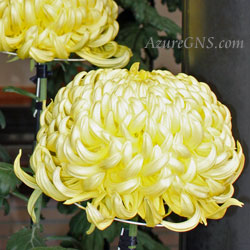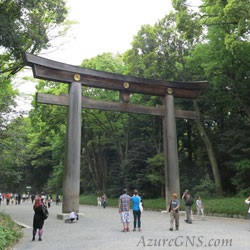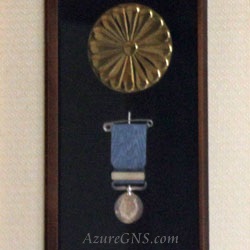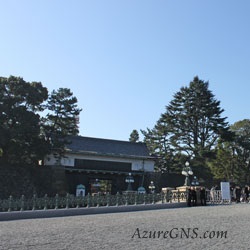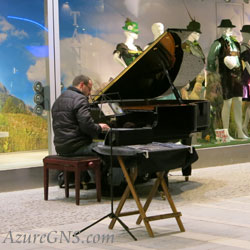国民の祝日
(11月3日)
National Holiday
Bunka-no-hi;
Culture Day
(November 3rd)
●文化の日 Bunka-no-hi; Culture Day
●文化 culture
●文化勲章 the Order of Culture
●勲章 order; medal; decoration; insignia
●貢献 contribution; service(s)
●貢献する (to) contribute; (to) administer
●芸術 art
●美術 art; fine arts
●音楽 music
●天皇 the Emperor; the Mikado
●天皇誕生日 the Emperor’s birthday
●皇居 the Imperial Palace
●日本国憲法 the Japanese Constitution
◆第二次世界大戦が終わるまで、天皇誕生日は天長節として祝われていました。
The Emperor’s birthday used to be celebrated as Tencho-setsu before the end of World War ll.
◆明治時代、天長節は明治天皇の誕生日である11月3日でした。
During the Meiji era, Tencho-setsu fell on November 3rd, the Emperor Meiji’s birthday.
◆1912年(明治45年)に明治天皇が崩御して、大正天皇が即位しました。
In 1912 (Meiji 45th yr), the Emperor Meiji passed away, and the Emperor Taisho succeeded to the throne.
◆その結果、11月3日はもう天皇誕生日ではなくなりました。
Consequently, November 3rd was no longer celebrated as the Emperor’s birthday.
◆明治天皇の偉業を永遠に伝えるため、11月3日を祝日にしようという運動が国民の間に広まりました。
The movement spread through Japan, stating that November 3rd would be turned into a holiday in order to forever commemorate the great achievements of the Emperor Meiji.
◆その運動のおかげで、1927年(昭和2年)に11月3日は祝日、明治節に制定されました。
Thanks to the movement, November 3rd was designated as the holiday, Meiji-setsu, in 1927 (Showa 2nd yr).
◆第二次世界大戦後、1948年(昭和23年)に祝日法が公布されました。
After World War ll, in 1948 (Showa 23rd yr), a new holiday law was issued.
◆明治天皇は熱心な文化の支援者だったので、この法律のもと、明治節は文化の日になりました。
Under this law, Meiji-setsu became Bunka-no-hi, Culture Day, because the Emperor Meiji was an ardent cultural supporter.
◆文化の日の趣旨は「自由と平和を愛し、文化をすすめる」ということです。
The purpose of Bunka-no-hi is “to advocate love of freedom and peace, and to promote culture.”
◆この日を中心に、美術展、コンサート、また色々な催し物などの多くの文化的な活動が行われます。
Many cultural activities such as art exhibitions, concerts and other entertaining events are held on and around this day.
◆1937年(昭和12年)より日本の文化の発展に大きく貢献した人々の名前が政府によって発表されています。
Since 1937 (Showa 12th yr), the government has announced the names of those who have contributed to Japan’s cultural development.
◆文化勲章が、特に素晴らしい文化功労者に贈られます。
Order of Culture medals are awarded to those who have made outstanding cultural contributions.
◆受賞者は科学や芸術などのさまざまな分野から文部科学省によって選ばれます。
The honored are selected from various fields, such as science and arts, by the Ministry of Education, Culture, Sports, Science and Technology.
◆11月3日に文化勲章の授与式が皇居で行われます。
The presentation ceremony of the Order of Culture is held at the Imperial Palace on November 3rd.
◆正装した人々が天皇陛下より勲章を与えられます。
The recipients, dressed in formal attire, are presented medals by the Emperor.
◆11月3日はまた1946年(昭和21年)に日本国憲法が公布された日でもあります。
November 3rd is also the day when the Japanese Constitution was proclaimed in 1946 (Showa 21st yr).
◆この日は毎年晴天になる確率が高いことで知られています。
This day is famous for a high probability of fine weather.
Copyright (C) Azure Global Network Services. All Rights Reserved.
